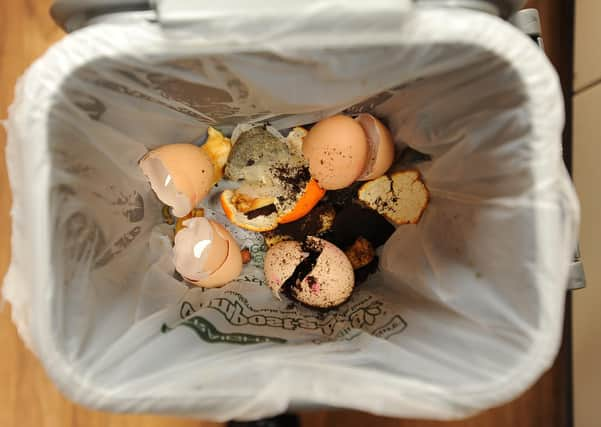Arun to consider food waste collection pilot


Arun District Council’s cabinet will consider the introduction of a pilot involving around 1,150 properties when it meets on Monday (November 16).
If approved, the trial would see participating households’ food waste collected every week, recycling rounds continue every fortnight and residual or general waste switch to once every three weeks.
Opt-in garden waste collections would be unaffected.
Advertisement
Hide AdAdvertisement
Hide AdThe pilot would last for a year and be run in partnership with West Sussex County Council who would pick up the costs.
Potential areas are currently being reviewed with contractor Biffa to ensure a good representation of the district and would likely include a representative cross-section of housing types and sample of demographics.
This would ensure the trial delivers a truly representative set of findings which could be used with confidence to inform a wider roll-out.
The weekly food waste collection would include an additional opt-in collection for absorbent hygiene products.
Advertisement
Hide AdAdvertisement
Hide AdParticipants would receive a starter park consisting of an internal five-litre and external 23-litre food waste caddies with a supply of liners and information booklet.
Residents opting in to the free AHP collection service would be given yellow and black sacks.
Special measures and consideration has been given to collections from flats within the trial area.
Residents would receive the small internal caddy but also a larger 140-litre communal wheeled bin.
Advertisement
Hide AdAdvertisement
Hide AdMeanwhile all residents involved in the trial will be provided with a 240-litre wheeled bin, if they do not already use one, for their three-weekly residual collection. Households who have five or more residents will also be able to request a larger 360-litre wheeled bin for their residual waste.
An analysis in Arun back in 2018 showed that food was by far the biggest single element in household residual waste bins, accounting for an average of 42.6 per cent of the contents by weight.
It was identified that around half of the disposed food waste could have been composted.
According to an officers’ report: “The costs of residual waste treatment are increasing and there are growing concerns about the impact of food waste on climate change. Food waste will be collected and processed separately instead of treating it as residual waste.
Advertisement
Hide AdAdvertisement
Hide Ad“When food waste in the trial area is collected separately, it will be treated more effectively and efficiently via anaerobic digestion. Anaerobic digestion breaks the food down into soil fertiliser and biogas which can be used for generating energy. When collected separately food waste will be classified as recyclate under legislation and supports an increase in the council’s recycling rate and a reduction in residual waste tonnages.”
Food waste collections have been introduced by the majority of councils across the country, while central government is expected to make them mandatory in the next few years.